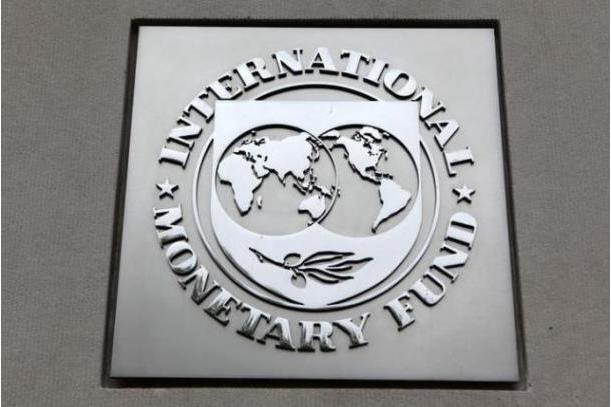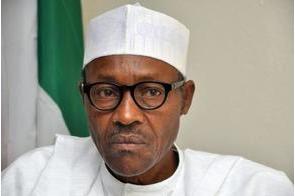Latest News
Central banks must enhance transparency to build trust – IMF

News Highlight
The Executive Board of IMG in 2020 adopted a new voluntary Central Bank Transparency Code, a comprehensive set of principles covering mandates, functions, and operations.
As central banks face mounting challenges, it is critical that they improve transparency because, ultimately, their independence and policy effectiveness will be at stake. This assertion was made by officials of the IMF in a blogpost on its website last month.
IMF says the views expressed on its blogs are those of the author(s) and do not necessarily represent the views of the IMF and its Executive Board.
However, according to the writers, “The IMF has recognised the importance of transparency and actively promoted it. The Executive Board in 2020 adopted a new voluntary Central Bank Transparency Code, a comprehensive set of principles covering mandates, functions, and operations. Based on the code, the Fund offers central banks the opportunity to participate in a review of their transparency practices.”
According to the post, the reviews help central banks gauge their transparency and accountability, facilitating more effective communication and better-informed dialogue with lawmakers, investors, and individuals. To date, IMF has reviewed the central banks of Canada, Chile, Morocco, North Macedonia, Seychelles, Uganda, and Uruguay, covering governance, policies, operations, outcomes, and relations with other official stakeholders, such as government and financial regulators.
Related News
Latest Blogs
- The Museum of West African Art saga
- The complexity and complication of Nigeria’s insecurity
- Between bold is wise and wise is bold
- Prospects of port community system in Nigeria’s maritime sector
- Constitutionalism must anchor discipline in Nigerian Armed Forces
Most Popular News
- NDIC pledges support towards financial system stability
- Artificial intelligence can help to reduce youth unemployment in Africa – ...
- Africa needs €240 billion in factoring volumes for SME-led transformation
- ChatGPT is now the most-downloaded app – report
- Green economy to surpass $7 trillion in annual value by 2030 – WEF
- CBN licences 82 bureaux de change under revised guidelines






